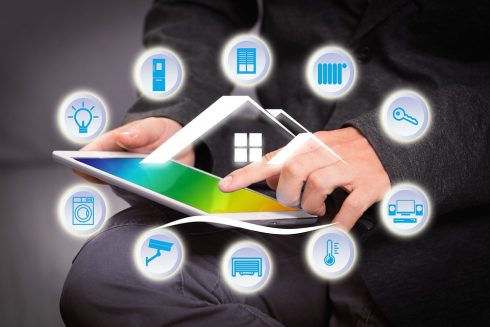
Gartner has revealed five emerging technology trends that will “blur the lines between humans and machines.”
“Business and technology leaders will continue to face rapidly accelerating technology innovation that will profoundly impact the way they engage with their workforce, collaborate with their partners, and create products and services for their customers,” said Mike J. Walker, research vice president at Gartner. “CIOs and technology leaders should always be scanning the market along with assessing and piloting emerging technologies to identify new business opportunities with high impact potential and strategic relevance for their business.”
Democratized AI, or a movement to make AI available to everyone, will be driven by trends such as cloud computing, the “maker” community, and open source. Gartner believes democratized AI will be enabled by technologies such as AI Platform as a Service (PaaS), artificial general intelligence, autonomous driving (levels 4 and 5), autonomous mobile robots, conversational AI platforms, deep neural nets, flying autonomous vehicles, smart robots, and virtual assistants.
Shifting from technical infrastructure to digitalized ecosystems, the organization believes this will lay the foundation for new business models that will close the gap between humans and technology. “Digitalized ecosystem technologies are making their way to the Hype Cycle fast,” said Walker. “Blockchain and IoT platforms have crossed the peak by now, and we believe that they will reach maturity in the next five to 10 years, with digital twins and knowledge graphs on their heels.”
DIY biohacking also made the list. Gartner predicts that within the next decade, humanity will begin a “transhuman” era, allowing for biology to be hacked depending on lifestyle, interests, and health needs.
Biohacking falls into four different categories: technology augmentation, nutrigenomics, experimental biology, and grinder biohacking. It is still unclear how much of these applications will be accepted by society and what ethical issues they will create, explained Gartner.
Transparently immersive experiences will blur the line between people, businesses, and things by enabling smarter living and work spaces.
Ubiquitous infrastructure has been enabled by cloud computing. Technologies that support ubiquitous infrastructure, such as 5G and deep neural network ASICs are expected to reach a peak in the next two to five years.






